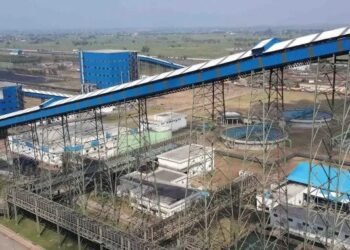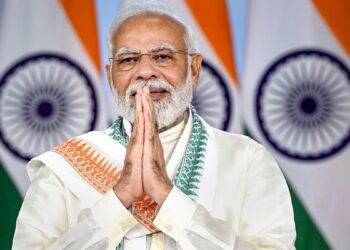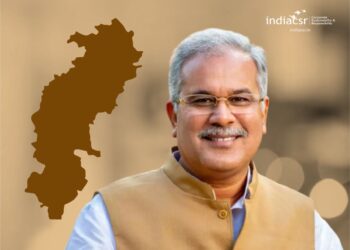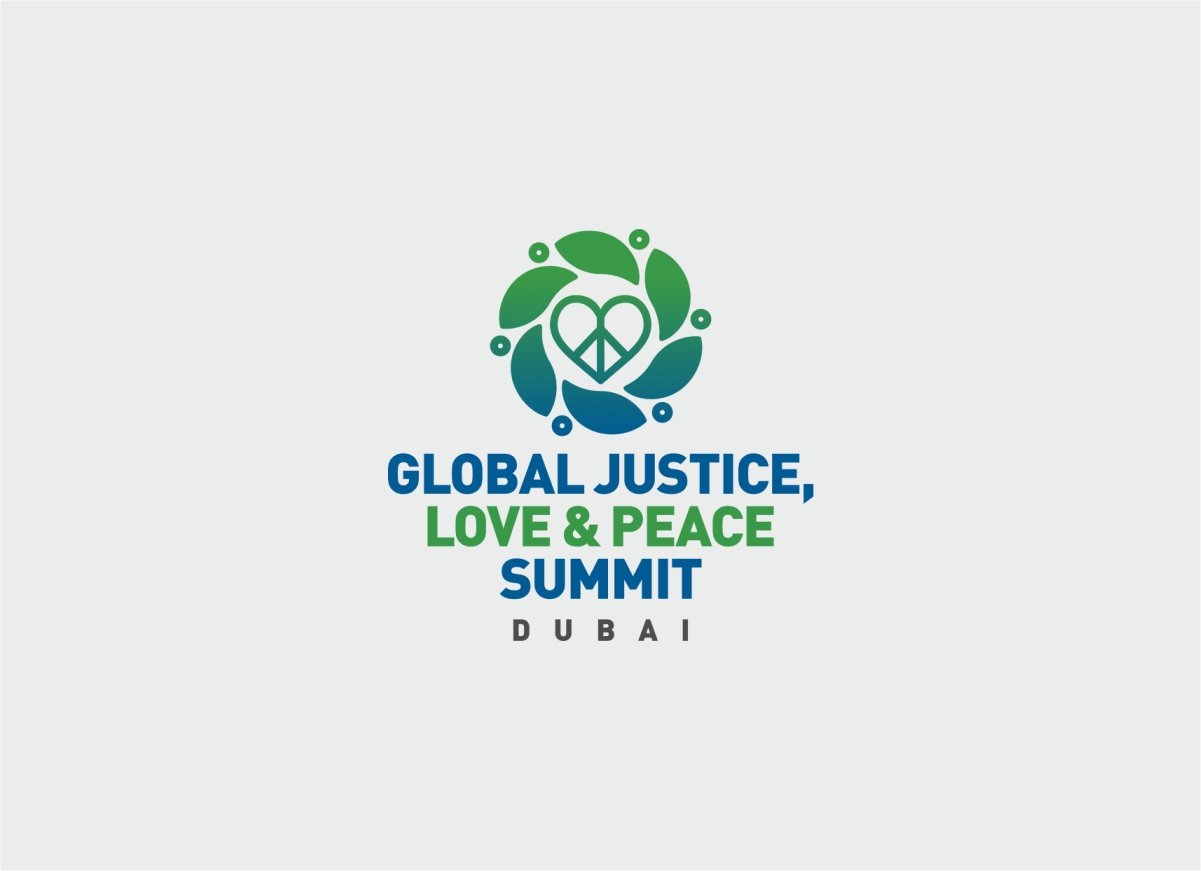COP28 is the 28th annual United Nations (UN) climate meeting where governments will discuss how to limit and prepare for future climate change. The summit is being held in Dubai, in the United Arab Emirates (UAE), from 30 November until 12 December 2023. It is expected to be a decisive moment for global climate action, as countries are urged to increase their ambition and deliver on their commitments under the Paris Agreement.
What is the United Nations Framework Convention on Climate Change (UNFCCC)?
The UNFCCC is an international treaty that was adopted in 1992 at the Rio Earth Summit. The goal of the UNFCCC is to stabilize greenhouse gas concentrations in the atmosphere at a level that would prevent dangerous anthropogenic interference with the climate system.
What are the Parties to the UNFCCC?
The Parties to the UNFCCC are the 197 countries that have ratified or acceded to the treaty. The Parties to the UNFCCC are divided into two main groups: developed countries and developing countries.
What is the history of the COP?
The first COP was held in Berlin, Germany, in 1995. Since then, COPs have been held annually, with the exception of 2001, when the conference was cancelled due to the September 11 attacks.
What is COP and why is it important?
COP stands for Conference of the Parties, and it refers to the group of 198 countries that have signed the UN Framework Convention on Climate Change (UNFCCC), the international treaty that aims to prevent dangerous human interference with the climate system. The COP meets every year to review the implementation of the UNFCCC and negotiate new agreements and actions to address the climate crisis.
COP is important because it is the main forum for global cooperation and coordination on climate change. It provides an opportunity for countries to share their experiences, challenges, and solutions, and to hold each other accountable for their progress. It also enables the participation of various stakeholders, such as civil society, indigenous peoples, youth, businesses, and local governments, who can influence the decision-making process and advocate for their interests and needs.
Why is holding COP28 in Dubai controversial?
The UAE is one of the world’s top 10 oil-producing nations. It has appointed the chief executive of the state-owned oil company, Sultan Al Jaber, president of the COP28 talks. Oil – like gas and coal – is a fossil fuel. These are the main causes of climate change because they release planet-warming greenhouse gases like carbon dioxide when burned for energy. But Dr Al Jaber’s oil company plans to expand production capacity. “It is the equivalent of appointing the CEO of a cigarette company to oversee a conference on cancer cures,” campaign group 350.org said. Dr Al Jaber argues he is uniquely well-placed to push for action from the oil and gas industry, and that as chairman of renewable energy firm Masdar, he has also overseen the expansion of clean technologies like wind and solar power.
What are the main goals and themes of COP28?
The main goal of COP28 is to accelerate the implementation of the Paris Agreement, the landmark deal adopted at COP21 in 2015, which aims to limit global warming to well below 2°C, preferably to 1.5°C, compared to pre-industrial levels. To achieve this goal, countries are expected to submit updated and more ambitious nationally determined contributions (NDCs), which are their plans to reduce greenhouse gas emissions and adapt to the impacts of climate change. COP28 will also assess the collective progress of countries towards the global goals of the Paris Agreement, such as enhancing adaptation, mobilizing finance, and enhancing transparency.
COP28 has been organized around four cross-cutting themes aimed at tackling the causes of climate change and managing the impacts of a warming planet. These themes are:
- Resilience and adaptation: This theme focuses on enhancing the ability of countries and communities to cope with the adverse effects of climate change, such as extreme weather events, sea level rise, and biodiversity loss. It also covers issues such as disaster risk reduction, early warning systems, ecosystem-based approaches, and climate-induced migration and displacement.
- Mitigation and innovation: This theme focuses on reducing greenhouse gas emissions from various sectors, such as energy, transport, industry, and agriculture, and promoting low-carbon and climate-friendly technologies and practices. It also covers issues such as carbon markets, carbon capture and storage, and renewable energy.
- Finance and investment: This theme focuses on mobilizing and delivering the financial resources needed to support the implementation of the Paris Agreement, especially for developing countries and vulnerable groups. It also covers issues such as climate finance, green bonds, carbon pricing, and divestment from fossil fuels.
- Engagement and empowerment: This theme focuses on enhancing the participation and influence of various actors and stakeholders in the climate action process, such as civil society, indigenous peoples, youth, women, and local governments. It also covers issues such as education, awareness, capacity building, and social justice.
What are the expected outcomes and impacts of COP28?
COP28 is expected to produce several outcomes and impacts, such as:
- A set of decisions and resolutions that will guide the implementation of the Paris Agreement and the UNFCCC, and address the outstanding issues and gaps in the climate regime.
- A synthesis report that will provide an overview of the updated NDCs submitted by countries, and assess their adequacy and ambition in relation to the global temperature goal and the emissions gap.
- A global stocktake that will review the collective progress of countries towards the global goals of the Paris Agreement, and identify the best practices, challenges, and opportunities for enhancing climate action.
- A high-level dialogue on climate finance that will review the progress of developed countries towards the goal of mobilizing $100 billion per year by 2020 to support developing countries, and discuss the scaling up and allocation of climate finance beyond 2020.
- A World Climate Action Summit that will showcase the initiatives and commitments of various actors and stakeholders, such as businesses, investors, cities, and regions, and foster partnerships and collaboration for climate action.
COP28 is expected to have a significant impact on the global response to climate change, as it will set the tone and direction for the next decade of climate action. It will also have a direct impact on the lives and livelihoods of millions of people around the world, especially those who are most vulnerable and affected by climate change. COP28 will determine whether the world can achieve the vision of the Paris Agreement, and avoid the worst consequences of a climate catastrophe.
What is the role and impact of COP28 for the world and for the UAE?
COP28 is a critical moment for the world to demonstrate its commitment and action to tackle the climate crisis, which is already affecting millions of lives and livelihoods, and threatening the stability and security of the planet. COP28 is also an opportunity to seize the benefits of the green recovery from the COVID-19 pandemic, and to harness the potential of innovation and collaboration for a more sustainable and inclusive future.
COP28 is also a unique chance for the UAE to showcase its leadership and vision on climate action, and to share its experience and best practices with the global community. The UAE has invested $50 billion into clean energy internationally and promised an additional $50 billion by 2030. It has also partnered with the United States to invest another $100 billion in clean energy. The UAE is also hosting the World Climate Action Summit, a high-level event that will bring together Heads of State and Government, as well as representatives of various sectors and stakeholders, to accelerate and scale up climate action
By hosting COP28, the UAE hopes to inspire and mobilize the world to act on climate change, and to contribute to the global efforts to achieve the goals of the UNFCCC and the Paris Agreement.
📢 Partner with India CSR
Are you looking to publish high-quality blogs or insert relevant backlinks on a leading CSR and sustainability platform? India CSR welcomes business and corporate partnership proposals for guest posting, sponsored content, and contextual link insertions in existing or new articles. Reach our highly engaged audience of business leaders, CSR professionals, NGOs, and policy influencers.
📩 Contact us at: biz@indiacsr.in
🌐 Visit: www.indiacsr.in
Let’s collaborate to amplify your brand’s impact in the CSR and ESG ecosystem.






























